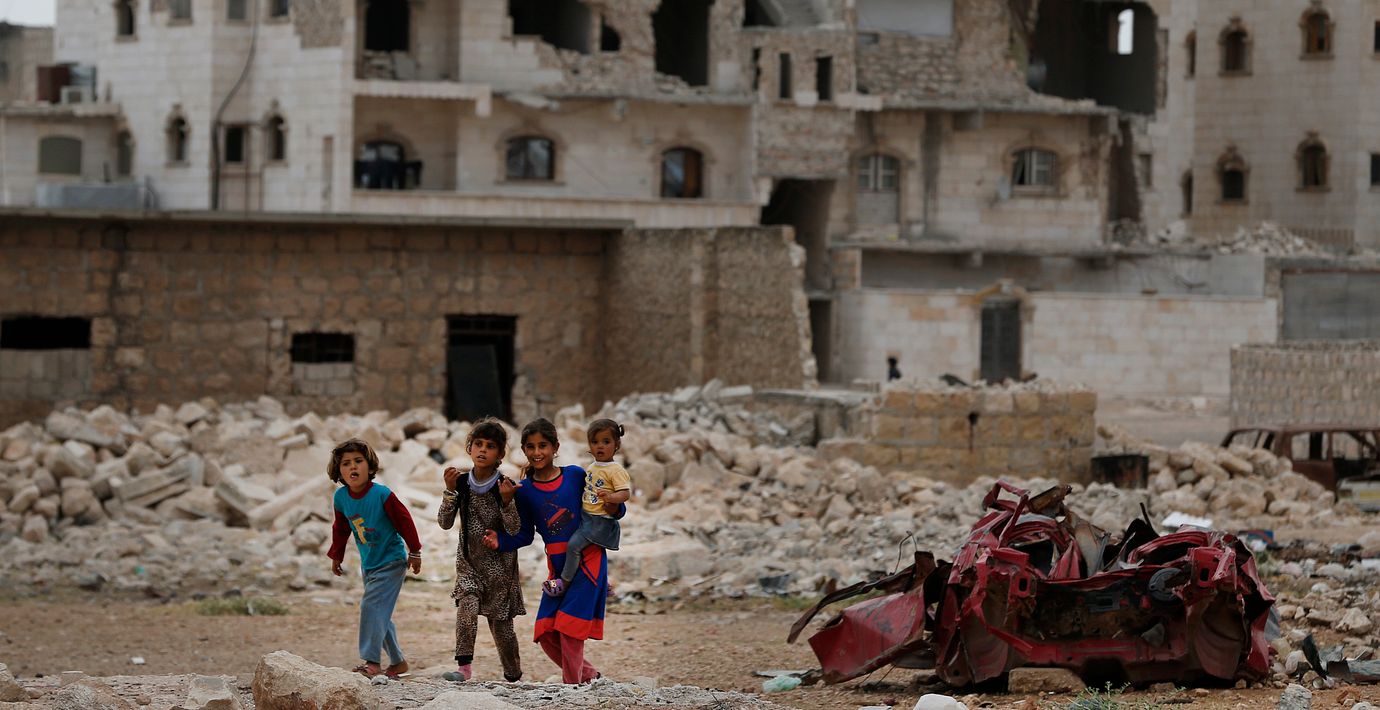Wikipedia (en)
Ban Ki-moon (; Korean: 반기문; Hanja: 潘基文; Korean pronunciation: [pan.ɡi.mun]; born 13 June 1944) is a South Korean politician and diplomat who served as the eighth Secretary-General of the United Nations from January 2007 to December 2016. Before becoming Secretary-General, Ban was a career diplomat in South Korea's Ministry of Foreign Affairs and in the United Nations. He entered diplomatic service the year he graduated from university, accepting his first post in New Delhi, India.
Ban was the foreign minister of South Korea from January 2004 to November 2006. In February 2006 he began to campaign for the office of Secretary-General. Ban was initially considered to be a long shot for the office. As foreign minister of South Korea, however, he was able to travel to all the countries on the United Nations Security Council, a maneuver that turned him into the campaign's front runner.
On 13 October 2006, he was elected to be the eighth Secretary-General by the United Nations General Assembly. On 1 January 2007, he succeeded Kofi Annan. As Secretary-General, he was responsible for several major reforms on peacekeeping and UN employment practices. Diplomatically, Ban has taken particularly strong views on global warming, pressing the issue repeatedly with U.S. President George W. Bush, and on the Darfur conflict, where he helped persuade Sudanese president Omar al-Bashir to allow peacekeeping troops to enter Sudan.Ban was named the world's 32nd most powerful person by the Forbes list of The World's Most Powerful People in 2013, the highest among South Koreans. In 2014, he was named the third most powerful South Korean after Lee Kun-hee and Lee Jae-yong. In 2016, Foreign Policy named Ban one of the Top 100 Global Thinkers for his achievement of making the Paris Agreement a legally binding treaty less than a year after it was adopted.António Guterres was appointed by the General Assembly on 13 October 2016 to be the successor of Ban Ki-moon as he stepped down on 31 December 2016. He was widely considered to be a potential candidate for the 2017 South Korean presidential election, before announcing, on 1 February, that he would not be running.On 14 September 2017, Ban was elected chair of the International Olympic Committee's Ethics Commission. Also in 2017, Ban co-founded the nonprofit Ban Ki-moon Centre for Global Citizens. He also currently serves as Distinguished Chair Professor at Yonsei University's Institute for Global Engagement and Empowerment.He became the first major international diplomat to throw his weight behind the Green New Deal, a nascent effort by members of the Democratic Party in the United States to zero out planet-warming emissions and end poverty over the next decade.
